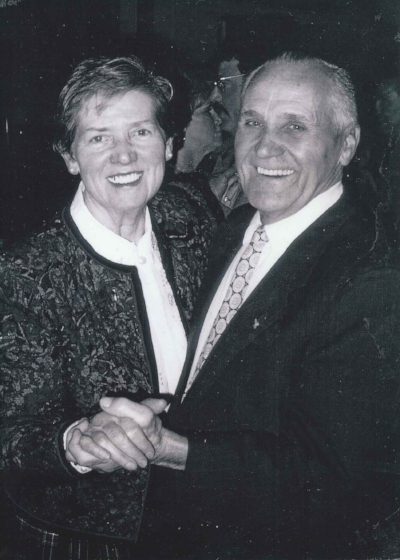What to Do When it Snows
Action News is predicting snow, just a few flurries, but you never know. Could be a blizzard. When you go out for coffee, pick up a few ice scrapers and some salt. Truth is, no one else in the family will be prepared. Mention snow, but don’t harp. Find out who has to be where at what time. Place all of your gear on the porch and near the front door. Smoke your cigar.
The next morning, get up before everyone else. Go to Wawa and get some coffee. Come home. Scrape off all the cars. Your daughter has clinical and has to be at the hospital early, so do hers first and warm up her car so she isn’t cold on the way in. Better yet, decide to drive her and pick her up.
"Thanks for talking to me" was the author's father's catchphrase.
Shovel the driveway and sidewalk. Put down plenty of salt so no one slips. Keep going, up and down the street, until you run into other dads who are also shoveling snow and sprinkling salt so no one slips. Go to Wawa and get another coffee. Drink it there, while reading the paper for free. Help anyone who’s stuck. Wave goodbye to everyone at Wawa and say, “Thanks for talking to me.”
Go home. Drive your daughter to clinical. Don’t listen when she tells you to use the defrost. Keep wiping the windshield clear with your gloved hand. Drop her off. Think about those you know who can’t shovel their sidewalks, and go to their houses to help them.
- Mary Finnegan is a nurse and writer living in Philadelphia. She misses her father in so many ways - for the snow removal, the cigars, the rides, and especially the love. Thanks for talking to me.








